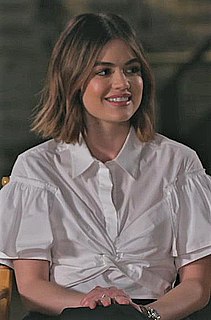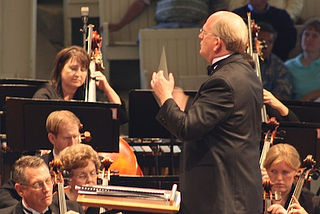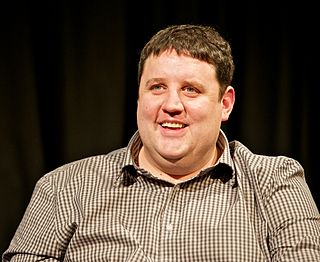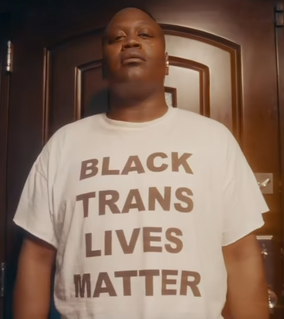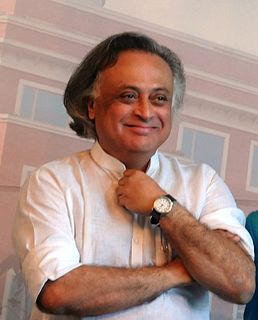A Quote by Jenny Downham
It's a shame i can't be there myself - i like parties. Text me if you think of any good hymns!
Related Quotes
I overanalyze things way too much, to the point where it affects my life. Like, when I'm talking to a boy, I'll overanalyze a text message he sent. And I have to think to myself, 'Just chill out. Some guy sent me a text message. That's all. Don't read something into it that's not there. Just be glad he sent you a text message!'
You are putting yourself in serious danger...' I think that I preferred to put myself in serious danger rather than confront my shame. My shame at not having become someone, the shame of not having made my parents proud after all the sacrifices they had made for me. The shame of having become a mediocre nihilist.
With Orff it is text, text, text - the music always subordinate. Not so with me. In 'Magnificat,' the text is important, but in some places I'm writing just music and not caring about text. Sometimes I'm using extremely complicated polyphony where the text is completely buried. So no, I am not another Orff, and I'm not primitive.
I think whether you are a judge on my court or whether you are a judge on a court of appeals or any court, and lawyers too - and if you're interested in law yourself, you'll be in the same situation - you have a text that isn't clear. If the text is clear, you follow the text. If the text isn't clear, you have to work out what it means. And that requires context.
Elections in India are not contests between personalities. They are ultimately battles involving political parties; promises and pledges that political parties make; the vision and programmes that political parties bring to the table. So although, Modi's style is 'I, me, myself,' I don't think 2014 elections as a Modi versus Rahul contest.
Sometimes I, as a public official, turn to Scripture or hymns - especially hymns, because sometimes we Catholics don't have the Scriptures memorized like we should - to help me explain a public policy position or an idea or to be able to articulate it better when you're talking about justice or mercy or compassion.
The discourse on the Text should itself be nothing other than text, research, textual activity, since the Text is that social space which leaves no language safe, outside, nor any subject of the enunciation in position as judge, master, analyst, confessor, decoder. The theory of the Text can coincide only with a practice of writing.


